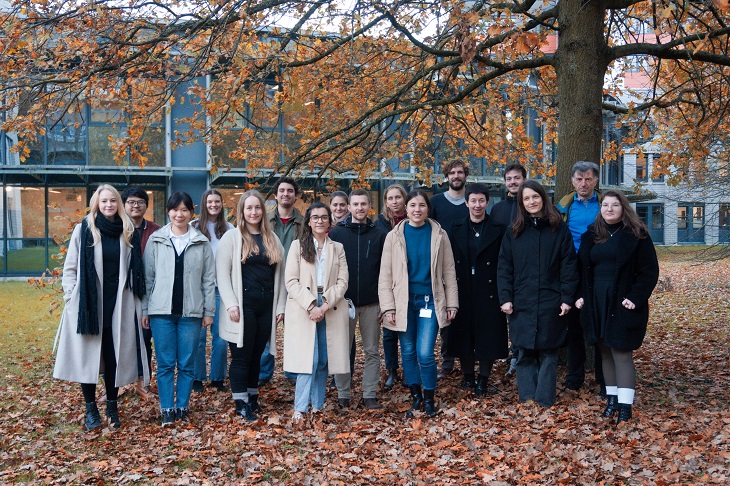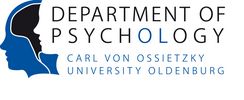Contact
Head
Secretary
Postal address
Maps and directions
Psychological Methods and Statistics

Our mission
Our interdisciplinary team develops and applies multivariate statistical modelling and machine learning techniques, creating advanced tools for research and application in the behavioural, health and neurosciences. We utilise these techniques to model neurometric (EEG, DTI, fMRI, fNIRS), psychophysiological sensor, and/or psychometric data collected both in and outside of the laboratory. Our aim is to understand inter-individual differences and intra-individual variability in typical and dysfunctional sensory processing, cognition, and emotion across the lifespan, from neonatal age to late adulthood. A particular focus of our current research is the advancement of robustness analysis methods in cognitive and behavioural neuroscience.
In teaching, we aim to inspire students by uncovering the creativity inherent in the conceptualisation of quantitative methods. We believe that fostering critical thinking is key in methodological training. By equipping students with the knowledge of how to analyse (big) data and train models based on a wide variety of data types, we hope to empower them to easily navigate the challenges of basic and applied research in psychology and health sciences. Students are welcome to participate in open or simulated data modelling projects, as well as joining our laboratory work and data collection efforts.
Our values
Through our research in psychology and health sciences, we aim to advance knowledge by cultivating openness, encouraging curiosity and creativity, and achieving the highest standards of validity and robustness. We are committed to promoting fairness in education. We take responsibility on academic boards and recognise the impact of our actions on students, colleagues, and society. As supervisors, we believe that the key to successful learning and scholarly productivity is not only expert guidance, but also space for self-exploration. Self-reflection is essential to our growth as individuals and as a team. Diversity is not just an aspiration, but an integral part of our group identity. We value the richness of perspectives, experiences and backgrounds that each research enthusiast brings to our lab. Within our department and beyond, we are committed to open and replicable scholarly practices and are actively engaged in science communication efforts.
Lab culture
We foster an environment where collaboration is encouraged to reach full potential. We inspire each other to excel and innovate through enthusiastic discussions. We recognise that asking for opinions and help is a sign of strength, not weakness, and we actively support each other in overcoming challenges. Team spirit is at the heart of everything we do – in research and during lab socials. We believe that by working together and pooling our different skills and perspectives, we can achieve more than we ever could alone. Our lab is a place where ideas and opinions are freely shared and feedback is welcomed. Together, we strive to create an atmosphere of trust where each member feels valued, and conflict potential is actively managed through open discussion. We value humour and self-criticism.

